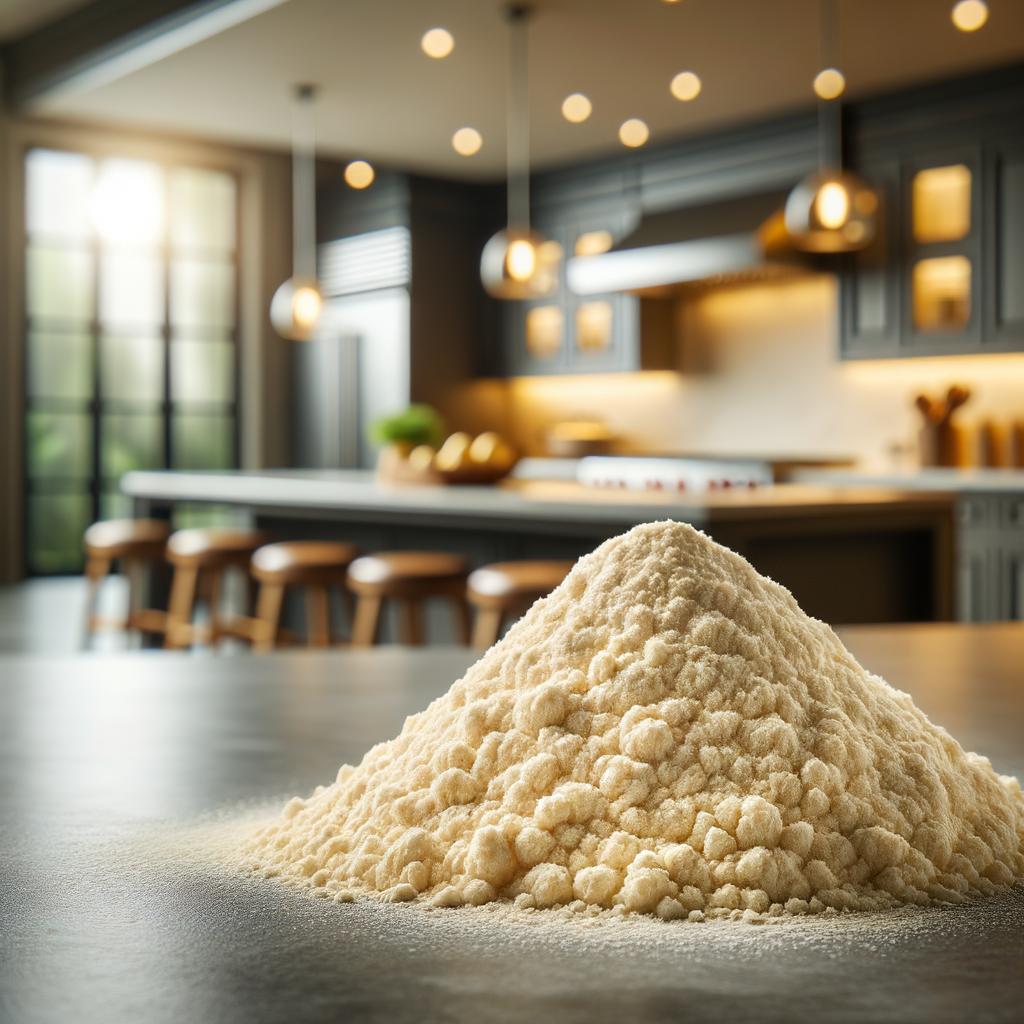Masa Harina

Description
Masa Harina, a staple in Mexican kitchens, is a type of flour made from dried maize kernels. This golden-tinged powder has a unique, earthy aroma and a soft, fine texture that is slightly gritty to the touch. Its flavor is distinctively nutty and slightly sweet, a taste that is unique to corn. What sets Masa Harina apart from other flours is the process of nixtamalization, where the corn is soaked and cooked in an alkaline solution. This process not only gives it its unique flavor and texture but also enhances its nutritional value.
Primary Uses
In the culinary world, Masa Harina is the backbone of many traditional Mexican dishes. It is used to make tortillas, tamales, pupusas, arepas, and gorditas, providing them with their characteristic flavor and texture. Beyond Mexican cuisine, Masa Harina finds its place in other Latin American and Southwestern American dishes. Its non-culinary uses are limited, but in some cultures, it has been used as a home remedy for stomach upset due to its high fiber content.
History
The history of Masa Harina is deeply rooted in the ancient civilizations of the Americas. The process of nixtamalization was developed by the indigenous peoples of Mesoamerica thousands of years ago. This method not only made the corn easier to grind but also unlocked essential nutrients, making it a vital food source for these civilizations. Over time, Masa Harina has retained its cultural significance and is still a fundamental ingredient in many traditional dishes. Folklore surrounds Masa Harina; it's said that the Mayans believed corn was the substance from which gods formed humans.
Nutritional Information
Masa Harina is a nutritional powerhouse. It's rich in fiber, protein, and is a good source of vitamins like niacin, riboflavin, and thiamine. The process of nixtamalization increases the bioavailability of these nutrients. It's also low in fat and contains essential minerals like iron, zinc, and magnesium. Compared to regular cornflour, Masa Harina has a higher nutritional value due to the nixtamalization process. However, like all foods, it should be consumed in moderation as part of a balanced diet.

